My Philosophical Background
A number of people have written recently to ask about the role of philosophy in my life, oddly enough. The curiosity, from what I can tell, has arisen out of my calling myself “an existential virtue ethicist” (I mean, honestly, what the hell does THAT mean, anyway?); and also out of my having been a philosophy professor until just a few months ago, while now spending my time writing and drawing about wine.
Ultimately, answering such questions ends up explaining (at least partially) my fascination with wine, and with writing about it too. So, if you can bare with me, I’ll talk through some basic thoughts on my relationship with philosophy and use those to explain my relationship with wine.
what teaching philosophy sometimes looks like: a student took this picture of me on the first day of a 300-level Epistemology class
One of the questions undergraduate students like to ask philosophy professors is, what kind of philosopher are you? Actually, other people outside of academia that know at least a little about philosophy like this question too. Students are used to profs having a straightforward enough answer like, I’m an Ancient Philosopher, or I’m a Race Theorist, or I’m a Marxist. My answer took a little longer to get out but was accurate, in the way such titles can be, to my views. The answer still holds as true. Here it is: I’m a Spinozist-Marxist, Aristotelian Existentialist. It generally took students the rest of the semester to sort out a hint of what all that came together to mean.
I recognize by now that what those four positions share in common is an idea of immanence. Believe me, I recognize reading this is some kind of labor (DID YOU SEE THAT??!! DID YOU SEE THE MARX JOKE I JUST MADE THERE??!! ahem. sorry. put that in for my philo-geek friends) so don’t worry I won’t dwell too deeply in lingo. But, let me at least explain some of what I mean there.
Understanding Immanence
To be a little too quick about it we can imagine the history of so-called Western philosophy as a kind of arrival out of and response to Platonic ideas. Via the mouthpiece of Socrates, Plato presents a view of how the world works that rests on a notion that there is the substance within the world, on the one hand; that is, the things around us–trees, rocks, my bird on the couch next to me, our bodies, etc., anything with a material body; and there are, on the other, also forms that give substantial things their shape and purpose, so to speak. A form is a kind of idea of a thing. So, the idea “bird”, which is universal to any bird, rather than my actual bird herself, as an example.
The point is just that this view pictures the world in a particular way–that is, that we could imagine a world transcendent of our own–a world of pure ideas untouched by the lived reality of our human lives. That world would be unchanged, outside of time, and separate from our own, even while shining down the form of our things for us at the same time.
The four philosophies mentioned in my answer to the question “what kind of philosopher am I?” each disagree with this kind of view of a transcendent realm of ideas in a particular way. Each presents a view of human life that cannot truly allow for a separable world in which ideas hover, as if in heaven, pure and untouched, uninfluenced by humankind. Instead, for each (though in their differing ways) the point becomes seeing how rooted in the lived reality of our everyday lives ideas actually are. In each case, even if we can speak of a kind of abstraction away from our lives–that is, speak of an idea as if it stands alone, still it either exists within or arises from (depending on which view you’re taking up specifically) the material reality of our lived human lives.
To be rough and quick about it, such a view is one of immanence, rather than one of transcendence as found in Plato. But, again, what the hell am I talking about here?
Beginning with Aristotle
Aristotle, as a student of Plato, responds directly to the idea of form versus substance. In Aristotle’s account, Plato is mistaken. The mistake, however, is a sort of tricky subtlety, at least in description. The implications are profound.
According to Aristotle, it is true that we can talk about the idea of a thing, but there is no real sense in which such an idea exists as separable or separate from a thing itself. So, to return to our bird example, the idea of a bird only really takes shape through my actual bird, along with every other actual bird. There is a sense here in which we can identify a universal notion of bird, but only because it is shown to us through how it lives in actual birds. Further, the idea of a bird represents the potential (like in the case of a bird still in its egg, it hasn’t reached its potential yet), and shape for my actual bird (how my actual bird could look, and she exemplifies it quite beautifully, thank you), rather than a form hovering in another world separate from our own.
that’s my bird there hanging out on my shoulder while we check-out some movie my daughter put on
But to jump ahead quite a bit, here’s the point of all that. Let’s assume that we are going to go with Aristotle on this one–the ideas we have only exist here with us in our lived lives–the point then is that how we live our lives is of crucial importance. It is only through us that the ideas of virtue, or courage, or compassion, or the vices of cowardice, or selfishness have place to take shape and exist. That is, how we live our own lives is precisely how any of these ideas can exist in the world. We are the bodies through which they operate.
When I put any time into reflecting on that idea I become terribly excited. There is a massive power in that. We are the vessels. No. Not merely the vessels. We are the actors that bring courage to life. We are the agents through which the shape of any character is determined. It is only through us that the values we hold, the things we care about, the ideas we have, or the virtues and the vices that we’ve heard of have any life, influence, or bearing of any kind. What we do gives them their home in the world. But, even more deeply, how we do what we do gives values, virtues, vices, ideas, their traction and shape. Further, we show to others what values, virtues, vices, or ideas can even be simply by being alive living our lives as we do. It is here we discover the “virtue ethicist” part of my convictions.
Popping Briefly into Marx and Spinoza
This is what a bunch of Existential-Phenomenologist Marxists look like; from left to right–my daughter, Rachel, Shiloh, Don, me
I won’t dwell on this because it’s rather esoteric and many of you, if you’ve persisted in reading this far, are likely wondering why the hell any of this matters anyway–but I will admit I think of Marx and Spinoza as very much the same. I studied both of them quite thoroughly in graduate school, and both heavily influenced my views of social politics, but perhaps more importantly, my views of how to connect with and care about other people. Having said that, let’s skip over it and just talk about Spinoza. It would take an entire thesis to explain why I see them as so similar.
Looking at it historically, Spinoza arises in the 17th century as a kind of brilliant anomaly. (My friend Katherine will laugh at this, but as a quick side note for those of you that are aware of which I speak: I also believe that Spinoza is often largely misread, or misunderstood, in traditional contemporary American academic tradition.) His work was hugely influential while also under-acknowledged, and often seen as more limited than his ideas actually were (that is: he’s often been misunderstood through history as people have read less into what he is saying than he actually said). I’ll be plain and say that Spinoza is a little bit of a challenge to talk about because he’s intensely rigorous and specific in his language. That said, I’ll quickly present one idea from him and hope that any Spinozists that might be reading forgive me for the sake of these purposes.
Spinoza believes that everything, and that means literally every-thing–all of the world–is interconnected. All substantial things intermix, to put it one way, and have influence on each other. Further, ideas are the same as material things (again EVERYthing in the world is interconnected) but simply “seen” from a different perspective, to be a little sloppy about it. That is, ideas and matter really are the same we just perceive one from the “level” of ideas, and the other from the “level” of matter. This aspect of Spinoza is a little tricky to mention so quickly so don’t stick here too long except inasmuch as it gets us to this next point.
Here’s where Spinoza starts to matter in the midst of whatever all this is that I’m getting at: Once you start talking about Spinoza’s Ethics, and his Political Philosophy, his view that everything is interconnected takes up an interesting shape. For Spinoza, our own strength depends, at least partially, on our ability to interact with more varying types of things, and more varying sorts of people. To put it another way, the more we are able to get along, or find commonality with others the more we are refueled and rejuvenated by the world around us. The less we are able to, the more we are taxed by the world around us. So, inasmuch as we cultivate a kind of openness coupled with a willingness to see something in common with those we happen to meet, and the things we happen to encounter, the better equipped to do well and succeed in this life we will be.
For Spinoza, having an open heart (to use my own language) with other people then is self-serving in the sense that it helps us do better in our own lives, but it actually is also the ultimate ethical and political “thinking for others” act in that we are interconnected with everyone anyway. In being open and finding common ground with others we are cultivating the health of people in general, not just our own. To add to this point: in increasing our connections with others we are also more readily able to accomplish any of our own goals, while also seeing how those goals overlap with or are simply shared with others’.
I’ll avoid getting too far into Marx and just instead comment quickly that Marx adds a layer here in that he sees the way we choose to connect and interact with others as a reflection of the ways society has taught us to see ourselves and each other. What we end up seeing ultimately here, then, is that to enrich our capacity to connect with others we have to do the work of recognizing how society does influence us in such a way, as well as how we enact societal norms through our actions and are therefore responsible for what society is, and to ask how we might be able to take up those norms while at the same time imagining them anew.
Living Existentially
The profundity of my existentialist virtue ethicist views play out most intensely in having a daughter I raise on my own. It drives home the importance, for me, in seeing that I am both responsible for how I choose to raise her and am simultaneously surrendered to hers as a life other than my own–I cannot determine who she will be. I can only encourage the development of her best habits, and help her cultivate relationships with others that may also show good example of a life well lived–examples found primarily through the friendships we choose, like dear Don here, one of the Philosophers of the Grand Canyon.
For any of you that have honestly read this far, thank you. It’s possible a post like this could seem indulgent. Let me say, that it’s also a reflection of something pretty basic to who I am by now; and also that it is genuinely arising out of a response to some requests in conversation (both in email and otherwise) that have come to me recently to talk more directly about these things.
In my view, the roots of existentialism arise out of the understanding that we choose our own lives, and are responsible for those choices. There is a profound awareness that the power of our choices is limited at exactly the same time. That is, we can’t actually control our lives–what they will be or what choices we will have available to us–and yet we must choose nevertheless, and we are responsible for those choices even when we recognize their limits. There are tons of elements of our own lives that we have not chosen at all–who our parents are, where we grew up, what society we were born into, as examples– and yet, we still must make choices from what we have been given, and those choices give shape to our lives.
To describe it another way: Human life, as it appears to us, arises out of two things–we cannot control what the circumstances of our lives will be, and yet we must choose how we will live anyway. Over time, our previous choices become part of the shape of those circumstances we can no longer control. As an example, I chose to get our bird several years ago, and now I have a bird to take care of and deal with whenever I travel. There is no way for me to rid myself of that reality. I can choose to give my bird away, but I would have to deal with the consequences of that choice too. To add another layer to this: I can’t actually control the outcome of the choices I make either, and yet I still must make a choice and act as fully responsible for the choice I’ve made. To some extent if things go very badly, in a way completely out of my control, I might get some sympathy for the situation, but I’m still, even then, responsible for how I respond to the hardship too. We just factor the situation itself into how we interpret my praise or blame, to put it one way. But I am responsible for my choices whether anyone else ever recognizes what I’ve done or not.
This simple point–I cannot control the outcome of my actions, and yet I still must choose and am responsible for what I choose–is deeply and profoundly important in my mind, and ties back to my excitement too with Aristotle in the idea that we enliven the virtues or vices through our lived lives. Here’s an example of how I see these ideas coming together in real life.
Listening to a Student that In This Example, At Least, Acts as a Spinozist-Marxist Aristotelian Existentialist Too
As a university professor I would meet individually with each of my students at least three times each semester. it was actually written into my syllabi as a required portion of their final grade. They were also welcome to meet with me more often, but were required to meet with me at least three times. This took a lot of time and attention, obviously, but I also saw it as one of the most effective ways for students to feel motivated to succeed because of how they saw that I was engaged with them individually; and also as the best way for me to track and adjust to how the class overall was going; plus, I simply wanted to connect more directly to the individuals I spent so much time with in the classroom.
In my very first semester of university teaching, after completing the opening section on Aristotle, one of my students met with me. He was animated and happy in a way he hadn’t been when the semester started. I asked him how he was, how his semester generally was going, and eventually too how our class was going for him. He responded that this semester was the best he’d had in college and that what we were studying in our Ethics course was largely why. Excited to hear this I asked him more about it. He told me that what he learned from Aristotle was that we get to decide for ourselves how we are going to approach our own lives, and that, if we mean what we do, we can actually change who we are as people and how we behave over time. He had always been a procrastinator when it came to doing school work, and as a result he didn’t think of himself as a very good student. Somehow in studying Aristotle he came to realize that he could decide if that was how he wanted to continue to think about himself, and if he wanted to continue to practice his habit of procrastinating. He decided he didn’t, and shifted to doing his school work immediately after finishing class on any particular day. He said that in the first week it was hard to make himself do it because of how it went against the habits he had of putting things off till later. But he quickly realized that once he finished the school work he felt better, and better about himself because of it. Suddenly, that good feeling added to his motivation and by the time he was telling me about this whole process he said it was easy to do his work right away, that his grades in all his classes were better as a result, and he thought better of himself too.
Though the example dwells on the influence of Aristotle, I think too it exemplifies an existentialist moment–my student realized his life was only his for living. Whatever influences he had in his life it was up to him to decide what his life would be. Looking at the interconnectedness of things, it turned out too that our efforts together (the class as a whole) in the classroom gave him the room to begin to re-imagine his own life and choose how he wanted to be in it. His choices too were influencing him in other areas of his life, and so too influencing people far outside our classroom where the change apparently began.
How Any of This Connects to Wine
loved ones and wine, from left to right–Shiloh, me, Paul
For whatever reason people’s lives are very much what I fundamentally care about. This brief (for a philosopher though likely long for anyone else) account of my values as shown through philosophy–indeed I see philosophy as a way of life rather than merely a profession or discipline–is meant to enliven, that is, to show, the ways that I care about people’s lives.
The intersection of these four philosophies, for me, ends up showing how anything in our lives is enlivened in a sense. That is, my life itself is the place through which my values, my connections with others, my histories, the histories of so many others (including that student that still makes me bubble with gratefulness and some very small joy of pride that I was there to witness and be part of that experience of his) all coalesce here in me right this moment, with me as the acting power choosing how to carry all those things forward through the way I will choose to live my life. Similarly, any other person’s life is a reflection of how they are enacting that same choice in their own lives. So, in any moment that we encounter or interact with another person we are getting a flash of that focal point of intersection of all these things in their life. Similarly, in some weird way we are seeing a glimmer of this same phenomenon too in the things we interact with–as things have been produced by people they reflect the way people choose to live their lives. Wine, then, is one of these things reflective of the powerful conviction and choices of human life. As Marco Cecchini, a wine maker in Colli Orientali, put it in conversation with me recently–the wine in a bottle takes a long time to make; it is the result of a series of actions and choices made over years. It is a person, and, indeed, group of people that come together to enact those choices to produce what will become a bottle of wine. I find that simple fact profound for the reasons I’ve been trying to explain here.
To put it another way, wine operates as a kind of focal point, or lens through which we can look, if we choose, to see how so many elements come together and take a very particular shape in our one glass (or on some nights, our many glasses). I am compelled to draw and write about wine, and indeed to shift from philosophy as a profession, to philosophical living with wine because of how, for me, it gives me a means through which to challenge all these things–to see the way another has chosen to live their lives, to see how their previous choices have brought them to where they are now, to see how they may yet still change their path, to look into how wine might draw together any of their values, or interests, or passions, or worries for them. I am fascinated by wine (and forgive me for being grandiose but I really believe there is no other good way to put it) because of how, to me, it simply is so much living. I am enlivened by it myself because of how it reflects to me some profound example of, and story about the reality of human life.
***
hee hee hee! For those of you that would rather have a visual representation of this blog post rather than having to labor through reading it (DID YOU SEE WHAT I DID THERE??!! A LABOR JOKE AGAIN??!!)–Robin, for whom the post is dedicated, had a Wordle created. This makes me laugh to no end. Cheers!
Thanks to Kittee for getting me the image file of the Wordle! 🙂
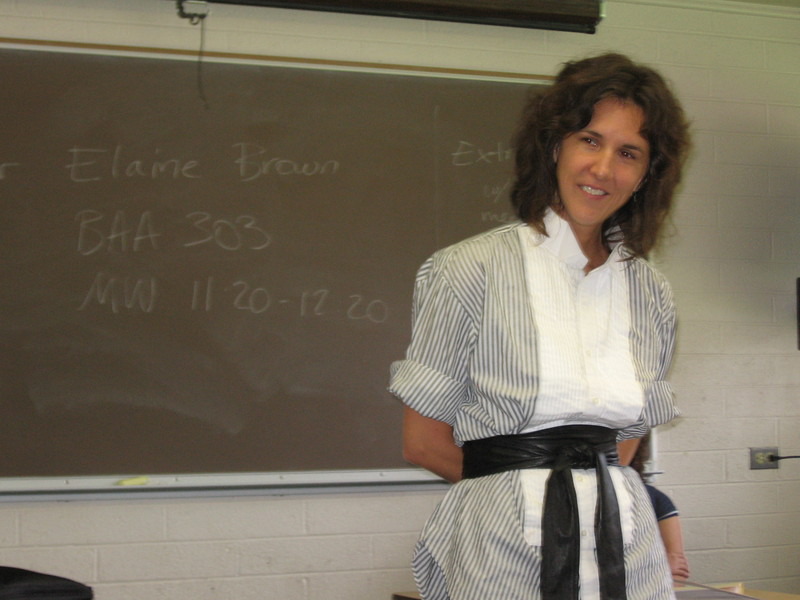
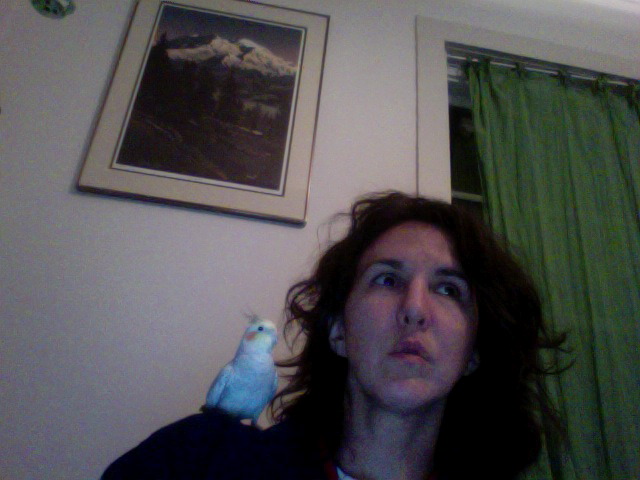
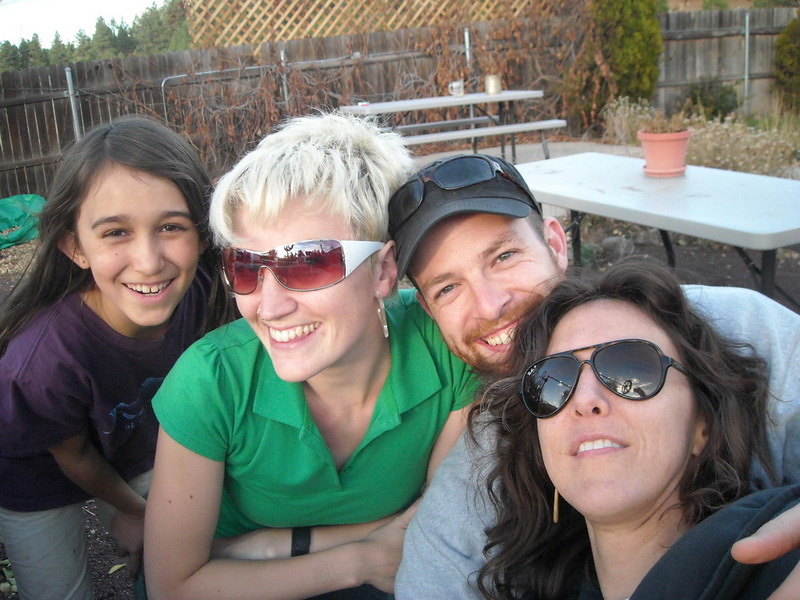
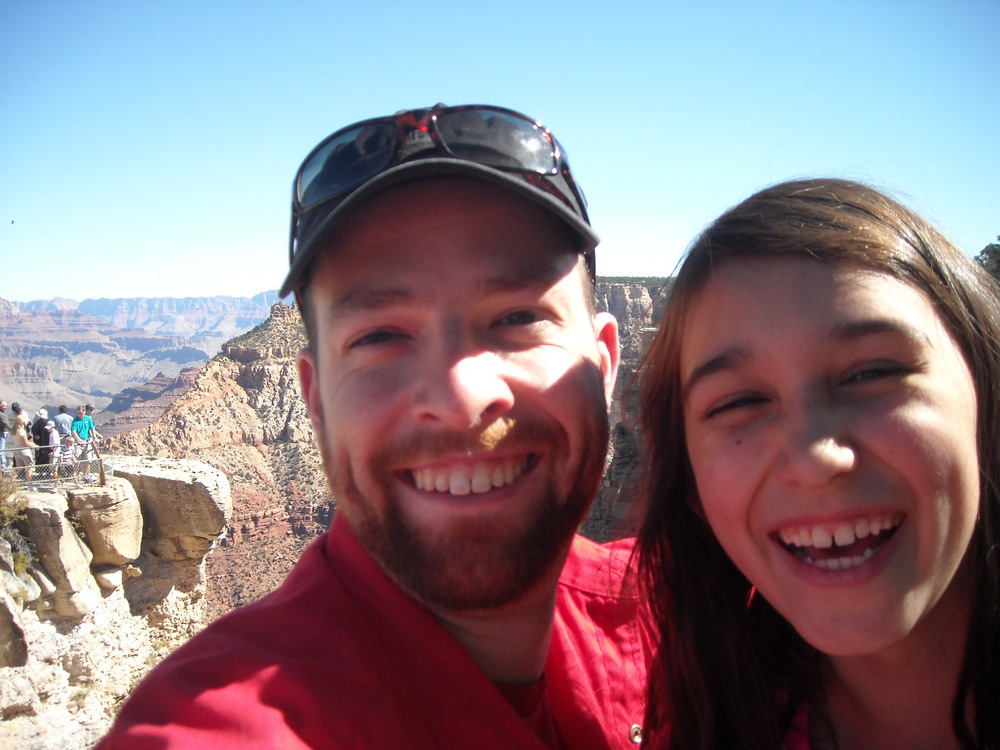
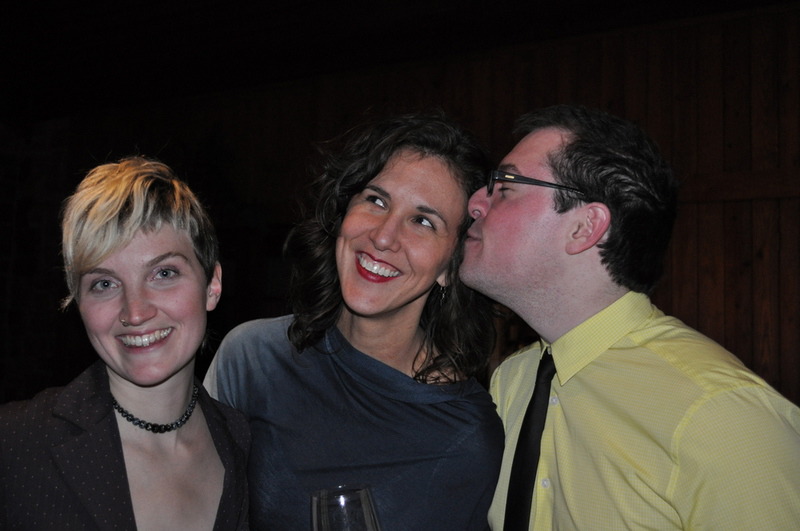


Elevating discourse in the craggy bogs of the enoblogosphere, bravo!
Thanks so much. I respect your opinion very much, and appreciate your generous comment. Thank you.